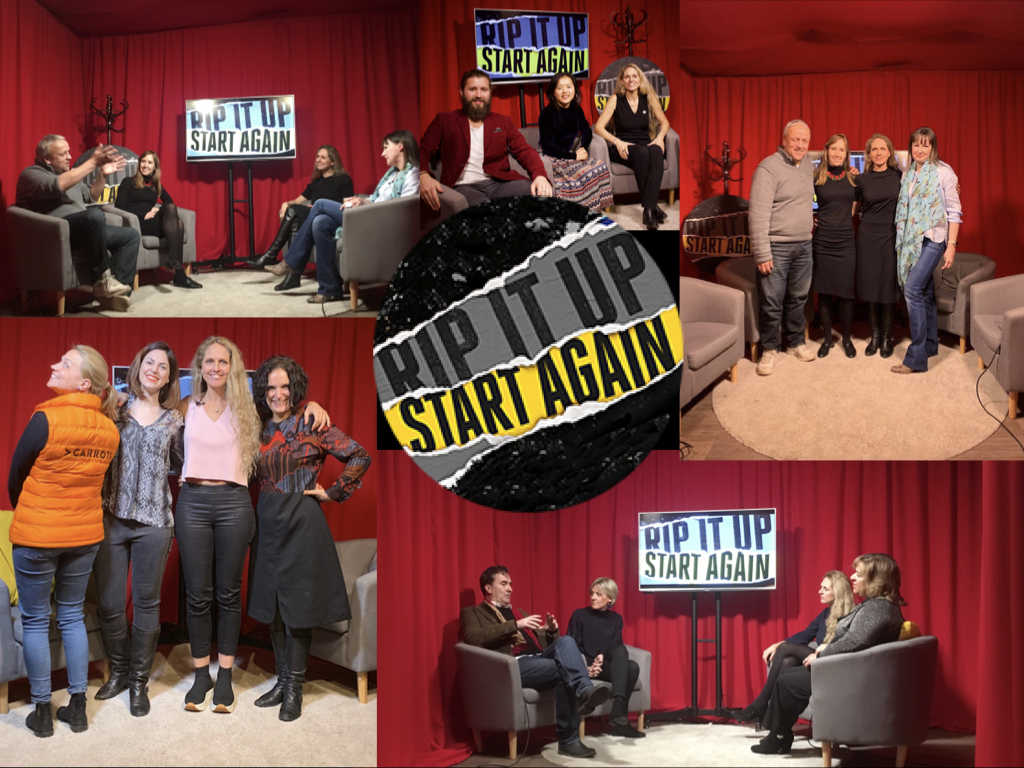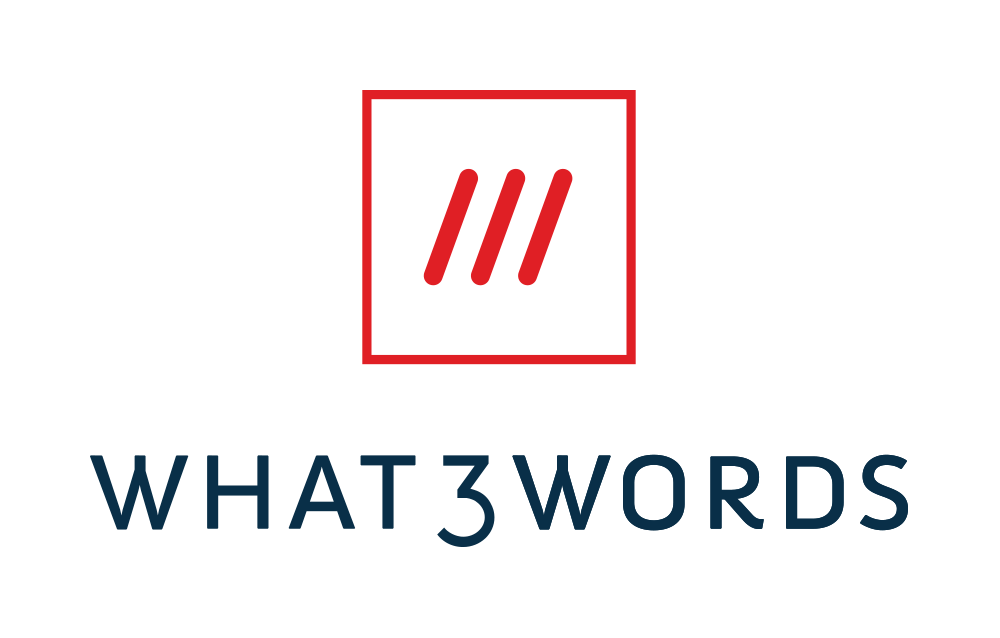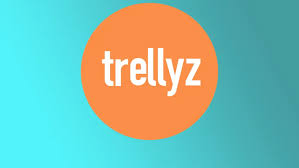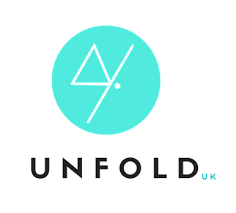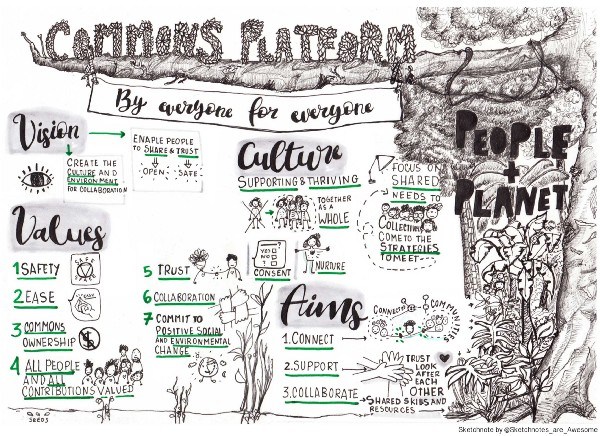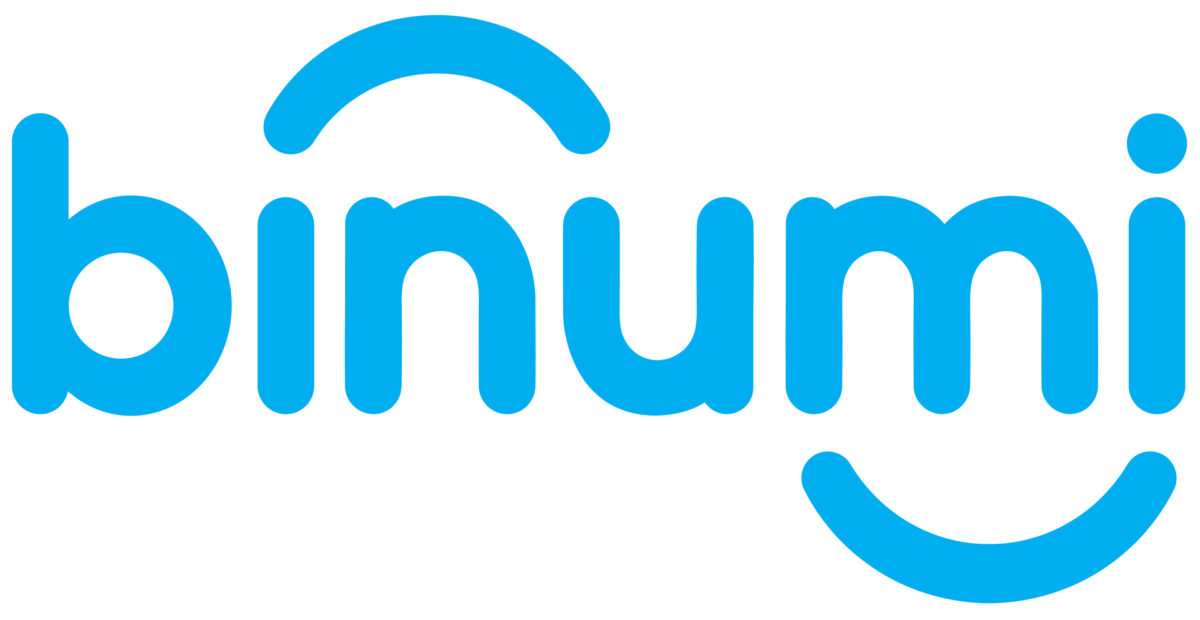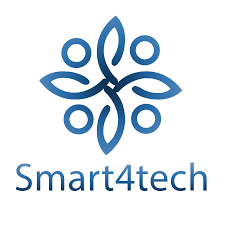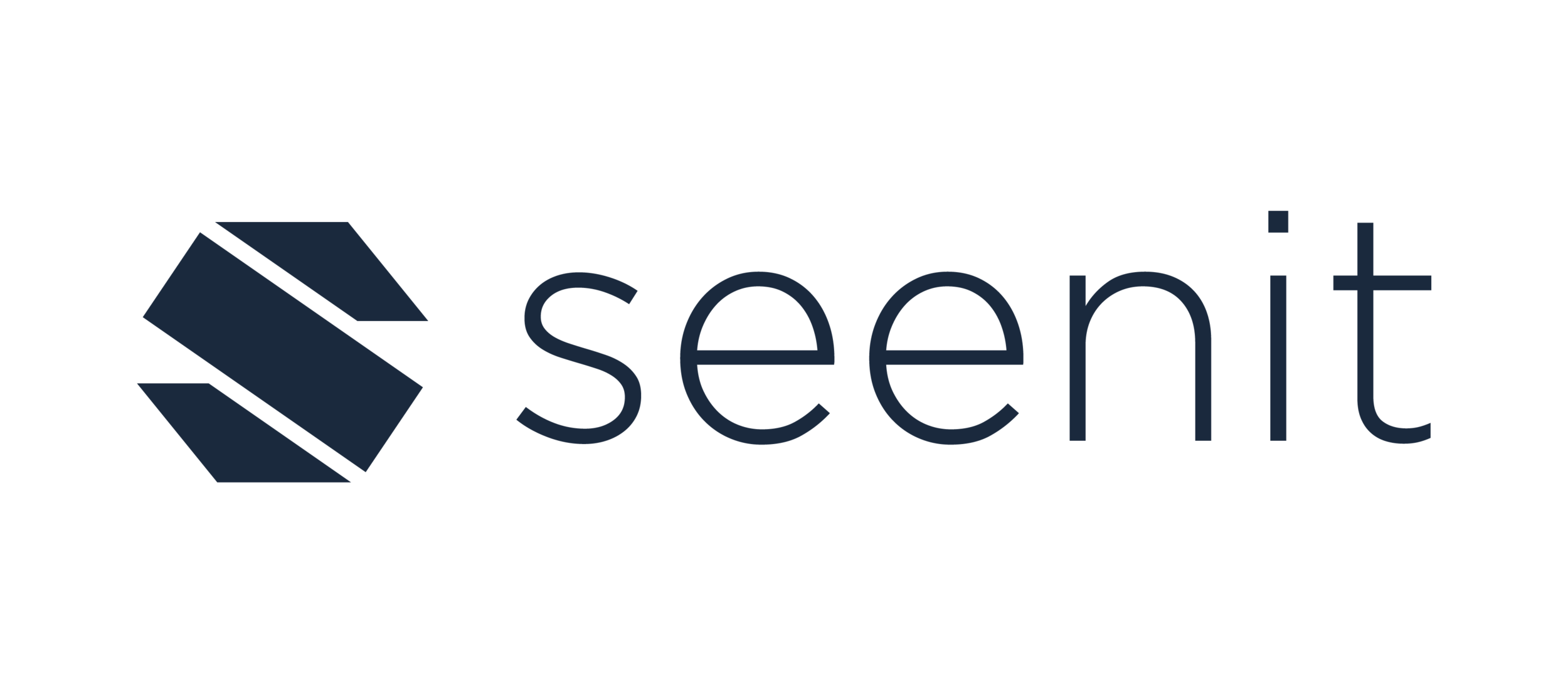Nic Oliver: people.io
/“It’s anonymous. Nobody believes this; they only say it when there’s a lawyer in the room. AI never cared about your name anyway. It only cares about the patterns and those patterns are your identity – they are you.”
Chaired by Shelley Taylor (trellyz.com)
WHAT DID NIC SPEAK ABOUT?
How companies want data and how people wantneed control. There are now 6,500 companies that exist with the sole purpose of hoovering up your data. From using free WiFi zones to accessing other websites through your Facebook account, everything we do online is tracked. In the wake of the recent data scandal, it was revealed that Facebook had 1,200 pages of datain 57 categories on one individual alone. Tinder has 800 pages of dataon some users. In an age where Snapchat can take a biometric meshover your face to identify sex, age and religion, and Google can access information through microphones, how can people control what they share with businesses?
WHAT'S THE BACKSTORY?
Nic knows what he’s talking about when it comes to data. He was selling domain names when he was 12-years-old and progressed to running his first digital agency at the age of 15. A self-confessed problem solver, he now runs people.io, a platform that allows people to get paid for their time and attention – and ultimately take ownership of their data. He kicked off his talk by debunking a popular myth: That data is the new oil. It turns out, data is not the new oil – at least, not in Nic’s opinion. Data is infinite, and oil is finite. In fact, the definition of data and who owns what is a question in itself.
For example, have you considered where data comes from? There’s first-party data (owned by the company who collected it), second-party data (we’ll come to this), and third-party data (imagine Brooklyn Beckham takes a selfie of himself, and he is the only person in the photo. He would own the legal rights to that image). So, what about second-party data? Well, this is the intelligence that results from a combination of the other two forms of data. For instance, text added by a machine to a photograph that doesn’t contain a human. The point is, the rules around data are getting more complicated with every new scandal and advancement in technology.
Alongside developing a solution to our ‘data problem’, Nic also spends his time advising audiences all over the world of the misuse of data and AI. He provokes discussion on everything from Facebook charging brands to connect with their customers and Amazon putting traditional retailers out of business by using data to prioritise their own products, to Tinder playing the role of Cupid and deciding who is presented to us as a potential partner.
WHAT IS HE DOING ABOUT IT?
The answer, according to Nic, is to get people to care about their data. As a millennial, he reasoned that the best way to get people’s attention was to pay them. So, he built an app. The idea is simple: users register and have a clear form of consent (that they can actually understand). There is an option to enable location. About 95% of users choose to do this because they are paid for it. Then they can choose to connect to external data such as sites like Spotify and ASOS before being presented with a series of swipe questions. Every time they swipe, they get paid – and if users want to leave at any point, people.io hard delete your data.
Let’s use a real example. Think about a florist in Shoreditch. The app might ask users if they have bought anything for Valentine’s Day. Regardless of the answer, people.io can ask them if they have bought flowers. If they swipe no, then the app knows there is a man in the area with no flowers. That person then gets paid if they view the advert from the florist. There have been 103 million questions answered through the app so far, allowing people.io to build a unified view of each individual and reward users for sharing the information. When Nic first went knocking on doors, investors asked if it was even possible. Now they ask if it works. The results speak for themselves. 98% of video adverts are watched by users with a massive 15–30% click through rate, a bunch of great reviews, and a top spot in the App store.
Nic ended his talk by sharing his view on GDPR. “It’s already a future of the past. You have to look way beyond it because consent is already dead.” He makes a compelling case for the changes we are likely to see as AI continues to develop. If IBM Watson knows you have a heart condition by scanning your face, it doesn’t need your historic data because it knows based on patterns of behavior – so what is consent? In five years your fridge will know so much about your eating habits and social life that it will be able to order your food. Where would you plug in that smart fridge? The data doesn’t exist. When the fridge is making those decisions for you, what is advertising? To prepare for this kind of future, we need to start with people – and that means giving them control.
NEXT STEPS …
people.io is changing the way we think about data. Instead of the GDPR approach of enforcing consent, Nic’s app already has subscribers who are being paid for the data they are inevitably giving away for free. This revolutionary was of thinking is disrupting the advertising industry and has received press attention from The Sunday Times, Financial Times, Tech Crunch the BBC to name a few.
www.people.io
CHAIRED BY SHELLEY TAYLOR
Shelley Taylor is the CEO and founder of trellyz, software that is transforming the way cities deliver services to the public, including the trellyz LifeSpots app and the RefAid app (for migrants and refugees). She is a native of Palo Alto California (that is the epicentre of Silicon Valley). She has tech running through her veins, has launched companies, succeeded (and failed), and has been part of tech startup culture for more than 20 years. She created the user interface bible, most of the language we now use to describe corporate websites, e-commerce features and functionality (like “global navigation” which literally did not exist before she made it up and got people to start using it). She’s the person who got Michael Dell to put a phone number on the website so people would stop abandoning the shopping cart. She diagnosed consumer diseases like “Mad Couch Disease” for interactive television, “Post Transaction Anxiety Disorder” and "Abandoned Shopping Cart Syndrome” for e-commerce and helped improve the dire state of user interface through the 90s and 00s. Lately she has been building her own tech companies instead of telling people how to do it better. She built the first DRM free music and digital entertainment site, and licensed music content legally when MySpace and Spotify were stealing it. She has built a ton of mobile apps. She has been living out of a suitcase since March 2017, literally building her current company country by country. www.trellyz.com


